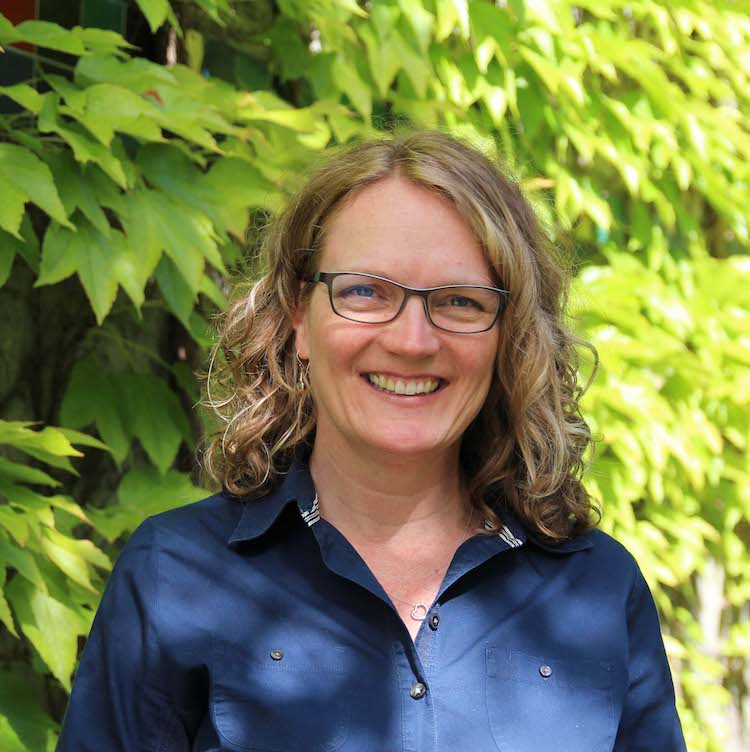
We recently spoke with Dr. Meike Wernicke about the UBC M.Ed. of Modern Languages Education program, and how teachers can enhance their understanding of French second language education while continuing to teach full time.
With the UBC M.Ed. in Modern Languages Education, French teachers across Canada have the opportunity to pursue a Master’s degree part-time while continuing to teach in their classrooms. The online nature of the two-year program, which is delivered through teleconferencing, means it is accessible to educators in every province and territory, and it provides the ability to incorporate learning into classroom practices as they continue working.
“Many of the students already have quite a few years of teaching experience, so they come to the program with a specific project in mind or a specific research question that they’d like to engage with. Although we delve into theory in our courses – they are research based – we do make those connections right away to classroom practices in each class,” says Dr. Meike Wernicke, Program Advisor and Instructor, who has been involved with the Modern Languages Education M.Ed. since the very beginning.
One of the biggest highlights of the program, according to Dr. Wernicke, is the opportunity for the students to spend three weeks in Montreal at the beginning of the first and second year of the program. This gives students a chance to meet face-to-face and get to know one another and their instructors better.

“… spend three weeks in Montreal at the beginning of the first and second years of the program. This gives participants a chance to meet face-to-face and get to know the other students in addition to their instructors.
“This has always been a really important component of the program because it allows teachers to build a collaborative and collegiate learning community. They are able to take full advantage of being in a Francophone environment for those three weeks. Attending festivals, cultural events, and spending a lot of time getting to know the city and one another – it’s what makes the program really special.”
Courses are delivered entirely in French, and in this sense, it offers the students a chance to build on their existing language expertise within an academic context. The new provincial curriculum also means that instructors are continually re-examining their teaching practices. For Dr. Wernicke, this means incorporating Indigenous perspectives into her classes by providing students with resources and content produced by or in collaboration with Indigenous communities.
“The new provincial curriculum also means that instructors are continually re-examining their teaching practices. For Dr. Wernicke, this means incorporating Indigenous perspectives into her classes by providing students with resources and content produced by Indigenous communities.”
“What excites me the most is the ongoing process of learning that is happening for the teachers as they’re engaged in the program, in the coursework, and at the same time going into their classroom every week, and coming back with experiences that they shared with their students. That ongoing learning and practice element is something that I find really enriching and really rewarding for the teachers as well,” she said.
“What excites me the most is the ongoing process of learning that is happening for the teachers as they’re engaged in the program, in the coursework, and at the same time going into their classroom every week, and coming back with experiences that they shared with their students..”
For Dr. Wernicke, the degree is an opportunity to deepen the understanding and knowledge of French second language educators in an accessible and collaborative way.
“You have one foot in the classroom and one foot in your studies throughout your degree.”
******